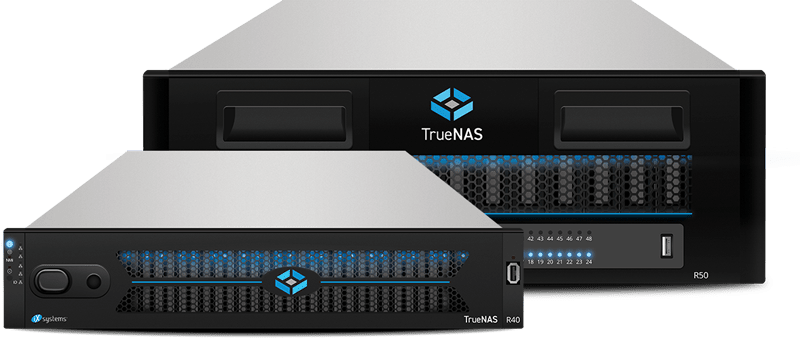Scampicfx
Contributor
- Joined
- Jul 4, 2016
- Messages
- 125
Hey gents,
when looking at the R series of TrueNAS systems I noticed that the all flash systems do not include any cache devices, see:

 www.truenas.com
www.truenas.com
My question is: Are read and especially write caches recommended at all flash setups?
My use case would be storage for ESXi with virtual machines; however no databases are hosted on them!
What setting of sync would you recommend at all flash setups? sync=standard or sync=always ?
I would like to highlight that so far I always used sync=always to assure complete data integrity at hybrid pools.
I am not sure what to choose at all flash pools?
when looking at the R series of TrueNAS systems I noticed that the all flash systems do not include any cache devices, see:

TrueNAS R-Series with OpenZFS: Scale-Up & Out Storage
The TrueNAS R-Series combines the powerful features of OpenZFS with budget-friendly, single controller hardware for scale-out storage.
My question is: Are read and especially write caches recommended at all flash setups?
My use case would be storage for ESXi with virtual machines; however no databases are hosted on them!
What setting of sync would you recommend at all flash setups? sync=standard or sync=always ?
I would like to highlight that so far I always used sync=always to assure complete data integrity at hybrid pools.
I am not sure what to choose at all flash pools?
